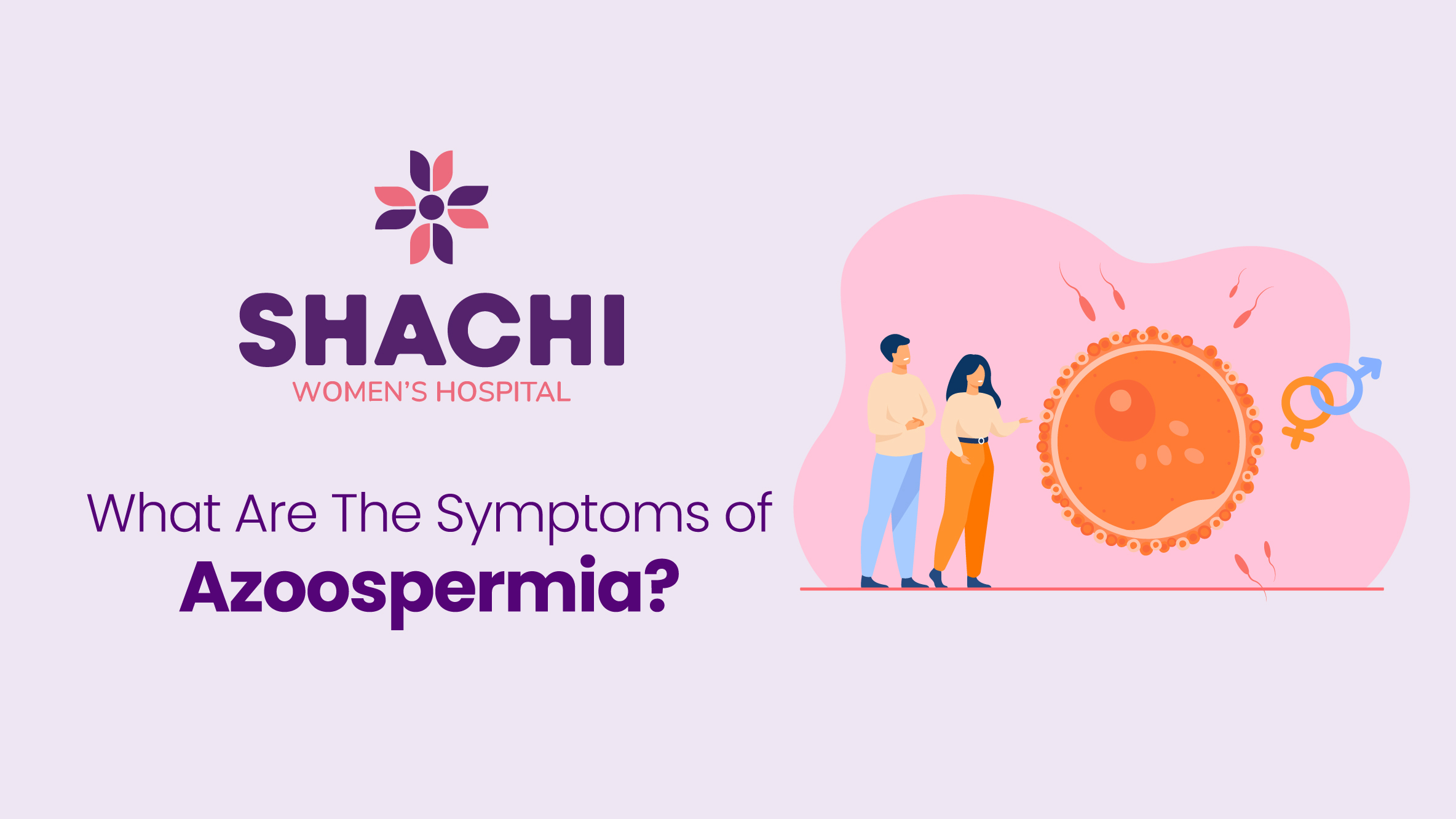
Male infertility doesn’t get a lot of thought for most of us—until it’s time to have kids. That’s around the time when some health problems start rearing their ugly heads, and one of those issues is azoospermia. It’s a medical condition that may sound confusing, but put simply, it is when there is no sperm in a man’s semen. If you are going through it, you can visit Shachi Women’s Hospital for Azoospermia Treatment in Ahmedabad.
Now, here’s the challenging part: Azoospermia doesn’t always present as a clear symptom. A lot of men live their lives without even knowing they have it, or until they struggle to conceive. So it’s worth having an idea of what the symptoms of azoospermia are, so you are not totally blindsided.
Why Azoospermia Goes Unnoticed?
Unlike other health problems, azoospermia doesn’t usually cause pain or immediate discomfort. You won’t necessarily feel sick or weak. In fact, many men feel normal. The condition often comes to light only after months of trying for a baby without success. That’s when tests are done, and the absence of sperm is detected.
But despite it being a “silent” disease, there are some indirect signs and warning bells you can watch out for.
Common Symptoms of Azoospermia
Here are a few signs that might suggest azoospermia :
Infertility struggles
The most straightforward and prevalent indicator is having trouble becoming pregnant. If you and your partner have been trying to conceive for more than a year without success, it is definitely worth getting checked. Azoospermia is a diagnosis that is often identified in investigations for infertility.
Low sex drive
Hormonal imbalances can play a role in azoospermia. When testosterone levels are affected, men might notice a drop in their sexual desire. While a lower sex drive doesn’t always mean azoospermia, it can be a connected symptom.
Erectile problems
This might be related to health issues associated with sperm production or hormonal issues in the testicles.
Pain or swelling near the testicles
Blockages in the reproductive system or previous infections might result in pain or oedema. If you experience persistent pain, heaviness or an abnormal lump, don’t ignore it.
Abnormal ejaculation
Other men report changes in ejaculation, including decreased semen volume. This may, in some cases, be associated with blockages in the ducts or with issues related to sperm production.
Other hormonal symptoms
Since hormones play an immense role in sperm production, you might also see changes like reduced body hair, breast enlargement (gynecomastia), or difficulty building muscle.
These aren’t always present in every case, but when pieced together, they can point toward azoospermia. Knowing the symptoms of azoospermia gives you a head start in seeking medical help.
Why You Shouldn’t Ignore the Symptoms?
A lot of men hesitate to talk about reproductive health, thinking it’s embarrassing or something to “deal with later.” But ignoring the symptoms of azoospermia only delays the solution. Although it does not present a threat to life itself, it affects fertility and mental health directly. Early diagnosis paves the way for treatment options such as surgery, hormone therapy or assisted reproduction.
Getting a Proper Diagnosis
Even if you do know some of the signs of azoospermia, a good medical test will be the only way to diagnose it for sure.
Normally, the doctor will ask for a semen analysis. If in doubt, and especially if these return no evidence of sperm, they may recommend further tests (blood work, ultrasound or sometimes, a biopsy) to figure out who or what is to blame.
Azoospermia isn’t always the dead end. Today, many couples still end up having a successful pregnancy with modern-day treatments.
Final Thoughts
Azoospermia frequently flies under the radar, but if the signs are there, struggling with infertility, having a low sex drive or experiencing pain in the testicles, it’s always better to confirm or rule it out rather than live with the question mark. Being familiar with the symptoms of azoospermia can be helpful for more than simply knowing what to look out for; it can also promote early medical intervention.
If you or someone you know is struggling, don’t hold onto it. Book a consultation at Shachi Women's Hospital, get tested and discuss the options. With the right care, it's very treatable.


